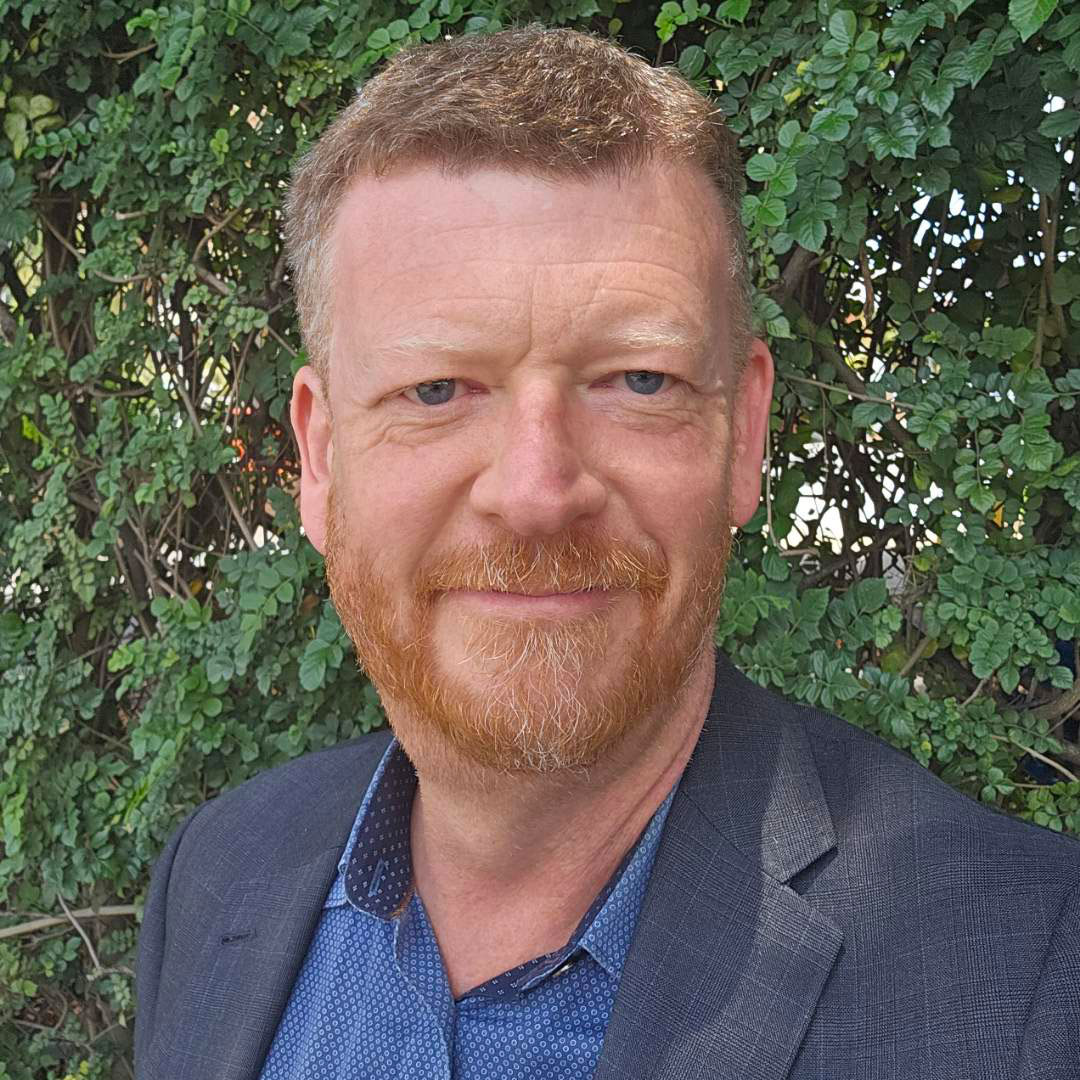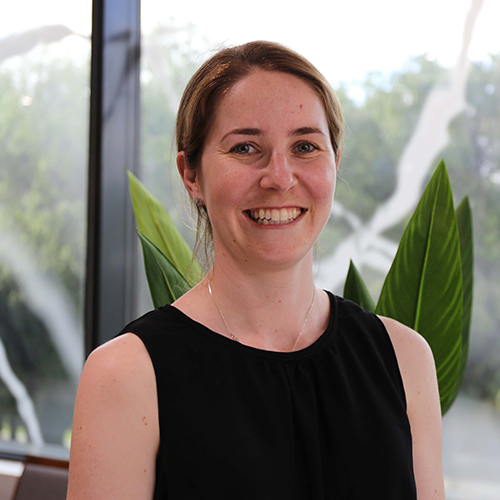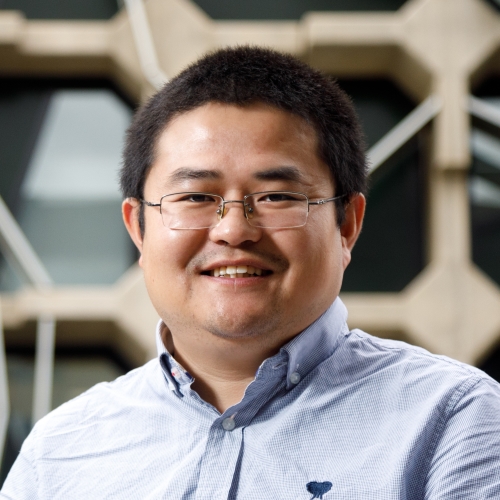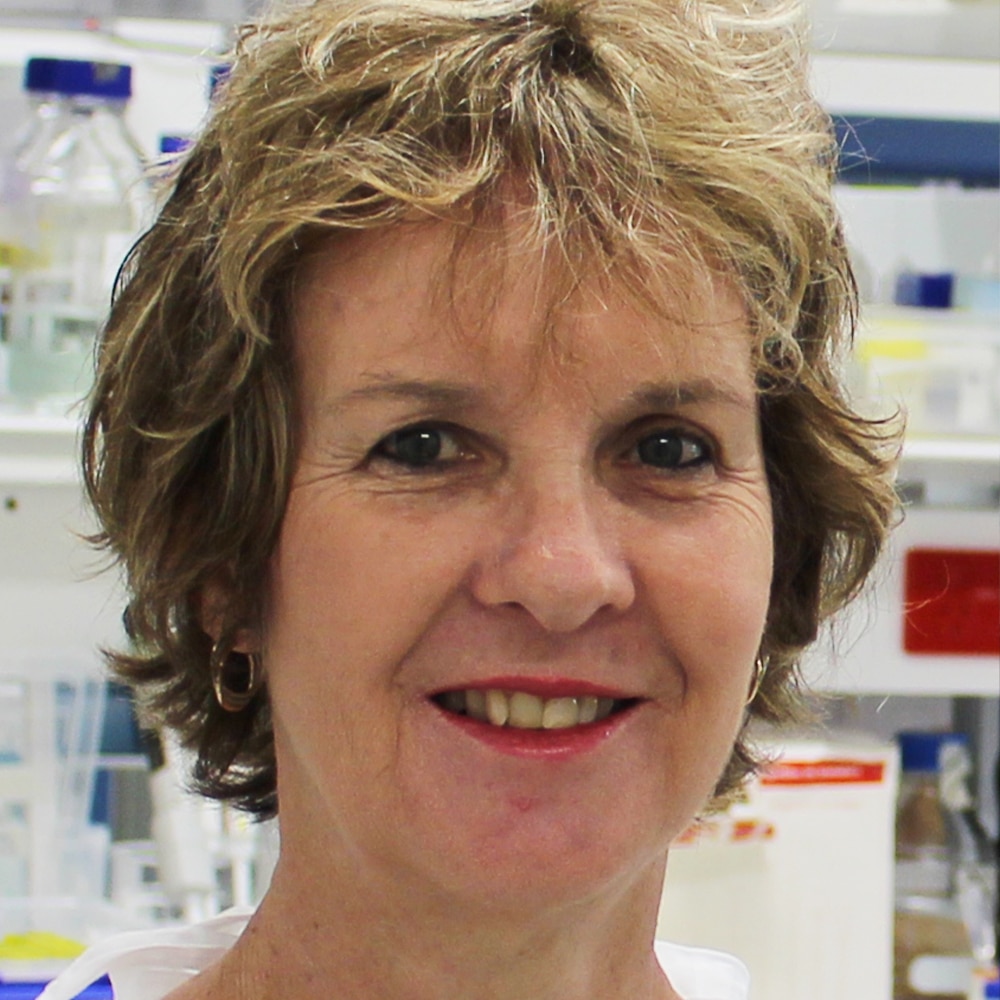
STOP-MS (A phase III, multicentre, randomised, double-blinded, placebo-controlled clinical trial of antiviral drugs in Progressive Multiple Sclerosis) is a “multi-arm, multistage” clinical trial to test antiviral drugs to reduce disease progression in MS.
Progressive MS, which occurs in up to two-thirds of cases is the most severe form. Current therapies have limited effect in the progressive stage, and new treatments are urgently needed.
The two antiviral drugs are approved for use in Australia for other conditions. They will be tested in parallel against a dummy drug or placebo (“multi-arm”); in two stages (“multi-stage”).
The first stage will test whether the drugs are effective in reducing EBV activity, and the second stage will test whether they reduce progression of MS.
If successful, this trial has the potential to revolutionise therapy for the majority of people with MS.
STOP-MS is expected to commence recruitment in Australia in early 2025 and is funded by the Medical Research Future Fund (MRFF). MS Australia is a partner organisation on this project.

FIRMS-EBV will test approved antivirals with activity against EBV, to treat fatigue in MS.
MS-related fatigue is an extremely disabling symptom for many patients with MS with significant health economic implications, but there is currently no effective therapy for fatigue in MS.
A growing body of evidence suggests that chronic EBV infection of B cells might be a driver of chronic symptoms in MS, such as fatigue.
The trial will test effective medications that target “active” (lytic) EBV infection as a treatment for fatigue. If successful, the results of this study could revolutionise treatment of this pervasive MS symptom.
FIRMS-EBV is a phase 3 trial testing tenofovir alafenamide vs spironolactone vs placebo in relapsing-remitting MS to treat fatigue. Treatment is for 16 weeks.
FIRMS-EBV will commence recruitment in Australia in early 2025 and is funded by the MRFF. MS Australia is a partner organisation on this project.


Professor Rajiv Khanna’s research group focuses on human immune regulation. One of the major goals is to gain a deeper understanding of the mechanisms by which the human immune response to viral infections can be generated, enhanced and applied to the treatment of these diseases.
Professor Khanna’s team uses EBV-associated diseases as a model to understand how cellular immune response in humans responds to persistent viral infections. Over the last 15 years, they have successfully translated laboratory research towards the development of novel immunotherapeutic strategies including for EBV in MS.
The group has successfully completed multiple clinical trials using virus-specific T cells in patients with different clinical indications including MS. These cells are either derived from the person’s own blood, or from a donor, and “primed” in the laboratory to enhance their ability to kill EBV-infected cells.
Professor Khanna’s team have also developed a novel vaccine for EBV, which is highly effective in laboratory models.
Professor Corey Smith’s research focuses on development of novel cellular immunotherapies to treat viral-associated diseases and cancer in humans.
He led the development of the first Therapeutic Goods Administration (TGA) licenced manufacturing process for the production of T cell immunotherapy in Australia for a Phase I/II trial in (EBV) Epstein–Barr virus-associated diseases. This involved a major international collaborative research partnership with Atara Biotherapeutics to develop and manufacture cell therapies at the Institute. Professor Smith co-leads this programme at QIMR Berghofer and acts as a consultant to Atara Biotherapeutics.

The B cells of the immune system have several essential functions, including producing antibodies.
Antibodies are small proteins that recognise and bind to specific targets to direct other immune cells in how to respond to infections.
This project involves using laboratory-made proteins that mimic natural antibodies, to identify and study the targets for B cells, including parts of EBV.
Identifying the specific targets recognised by B cells in MS may help to diagnose the disease, identify those at higher risk of MS, and develop targeted therapies to be used in future.
This project is funded by MS Australia.

The Open Coast-to-Coast Australian Multiple Sclerosis (OCCAMS) consortium is a team of clinicians, scientists and consumers working in hospitals, research institutes, universities and consumer organisations from Australia and around the world.
The team will study the variability in the immune response to EBV that may contribute to MS.
They will investigate these differences by studying the first episode of demyelination in people with MS, and their first-degree relatives.
Machine learning will be used to predict an individual’s risk of MS and form the basis for future MS prevention studies.
OCCAMS is funded by the MRFF and MS Australia is a partner organisation on this project.

This study will examine the influence of various factors on EBV infection, including a person’s age, their HLA gene type, their levels of exposure to sunlight, and their vitamin D levels.
The team will then determine whether these are linked to the development of MS.
In particular, this study will investigate the epigenetic programming by EBV. That is, how EBV switches genes on and off in a person, to alter their immune system or their nervous system in a way that predisposes them to MS.
The study will use genomics, epigenomics (studies of DNA sequence; and chemical modifications of the DNA that switch genes on and off) and high-dimensional viral measures (detailed investigation of viral molecules) together with data science to examine these factors, measured in blood samples from three well-known Australian studies: Ausimmune, AusLong and the PrevANZ trial, supported by MS Australia. The study is a collaborative effort across several Australian organisations and Stanford University, USA.
The ultimate aim is to inform strategies to prevent and treat MS.
This study is funded by the MRFF and MS Australia is a partner organisation on this project.

This project will first establish whether there are specific EBV strains that lead to greater MS risk and will assign them a risk score. The team will generate a library of EBV reference genomes specifically relevant to Australia which can be used to inform EBV vaccine design.
An MS risk score will improve MS screening, resulting in earlier diagnosis and therefore earlier treatment.
Understanding the impact of EBV infection on the immune system will help refine an existing T cell therapy for MS, developed by collaborators from QIMR Berghofer.
The research team also has MS prevention in its sights. Defining DNA sequences of EBV will better inform EBV vaccine design and contribute to preventative strategies against MS.
This study is funded by the MRFF and MS Australia is a partner organisation on this project.

Diagnosing multiple sclerosis (MS) can be challenging, with a recent study suggesting that up to 25% of people with an MS diagnosis may be misdiagnosed.
Professor Denise Doolan and her team are investigating the altered antibody response to EBV as a potential diagnostic test for MS.
They will measure the antibody response to all known proteins present in EBV. They will compare the responses in people with MS to those in healthy people and people with other autoimmune diseases.
They will conduct an analysis to identify a “risk signature” of EBV antibodies specifically associated with MS.
This study is funded by MS Australia.

This project aims to compare the genetics and the cellular biology of EBV in infected B cells from people living with MS and healthy individuals.
The goal is the discovery of key genetically determined differences that could lead to reduced control of EBV-infected cells.
These could predispose a person to developing MS.
This study is funded by the Medical Research Future Fund.

This project will use post-mortem tissue to investigate immune cells from regions or damage in the brain in MS.
Using sophisticated molecular techniques, the researchers will determine exactly which protein sequences are being recognised by these immune cells, and whether they could therefore potentially target EBV and/or components of brain tissue.
The researchers will then determine whether immune cells recognising EBV or “self” are also present in people with clinically isolated syndrome, the precursor to MS.
This will give more insight into the development of autoimmunity, and mistaken recognition of self by the immune system in MS.
This project is funded by the US National MS Society, NMSS.

Sex hormones affect the immune system and over 80% of all patients with an autoimmune disease are female.
Some autoimmune diseases are triggered by infections of common viruses including EBV for MS.
This project will investigate the role of sex hormones on immune responses to such viruses using blood samples from transgender people undergoing hormone therapy.
Together the findings may uncover novel ways to treat autoimmune diseases, such as MS in the future.
This study is funded by a NHMRC Near-Miss scheme from the Government of Western Australia Future Health Research and Innovation (FHRI) Fund.
Please contact MS Australia on research@msaustralia.org.au for listing of new Australian EBV research in MS on this page.